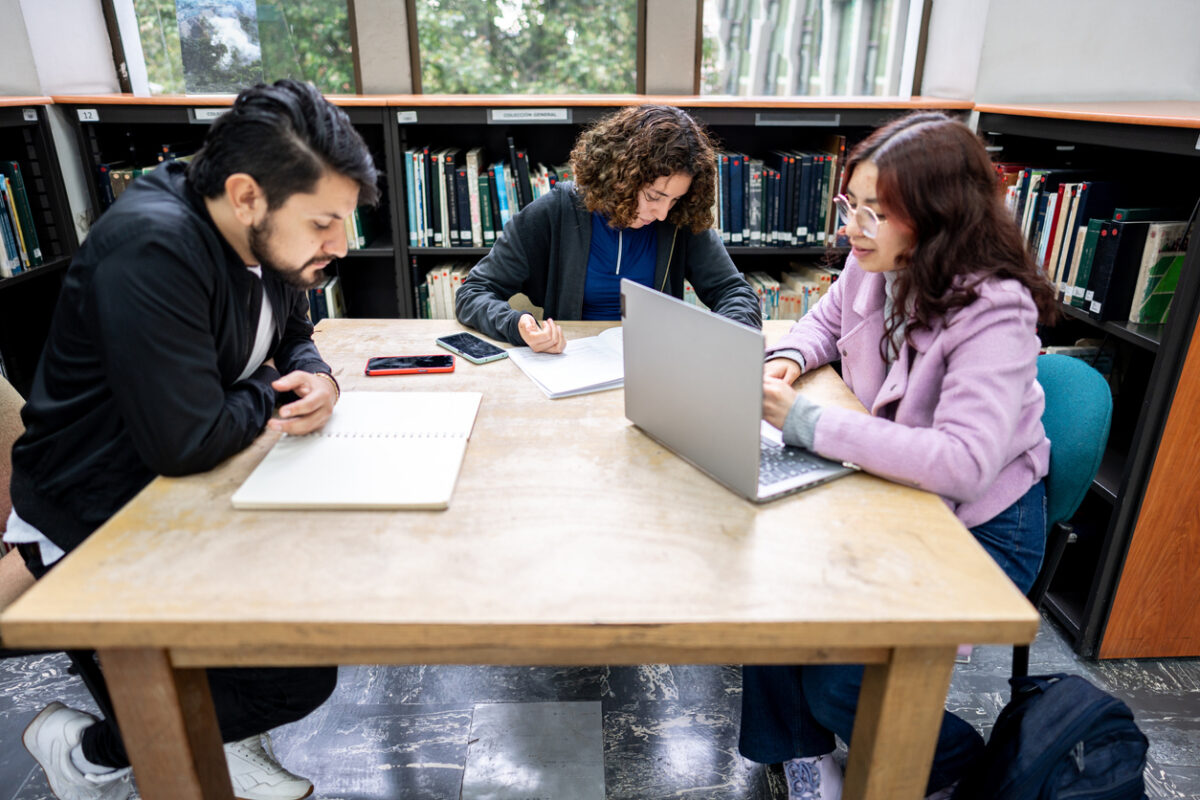Institute for Higher Education Policy President Recommends Re-Shift of Existing Education Aid to Expand College Access
Published May 13, 2014
Washington, D.C., Jan. 30, 2009—Significant adjustments are required to reverse ongoing structural barriers to college access for low- and moderate-income students created by existing educational tax credits, specifically the HOPE and Lifetime Learning tax credits, according to Institute for Higher Education Policy (IHEP) President Michelle Asha Cooper, Ph.D., during her Tuesday testimony before the U.S. House of Representatives.
As Congressman Chaka Fattah’s (D-Pa.) invited guest during the “Igniting Public Service and Securing College Access: The American Opportunity Tax Credit” briefing, Cooper offered insight into the role of tax credits in expanding college access. In particular, Cooper explained the difference between refundable and non-refundable credits.
Considered a national leader on higher education matters, Cooper noted that although the intent of the educational tax credits was to increase college access and success for all students, there are several structural features that pose barriers to achieving this goal.
“The neediest students are ineligible for the benefits because of their low federal income tax liability," said Cooper. "Unlike other student aid programs, namely the federal Pell Grant program, the primary beneficiaries of these tax credits are middle-income students."
At this week’s briefing, Cooper suggested three simple but effective policy changes that will help tax credits enable more families to realize the many benefits of higher education:
- Allow educational tax credits to be refundable so that low- and moderate-income families would be eligible for the credits.
- Ensure that allowable expenses include full cost of attendance, not just tuition and fees.
- Ensure that the credit is available to students and families at a time that facilitates timely payment of expenses.
Cooper concluded with urging Congressional members to “to focus on the goal of increasing college access for all students by making education tax credits refundable and improving the structural flaws of the existing programs. Ensuring that all students, particularly those from low- and moderate-income backgrounds, have the opportunity to access college and receive a quality education is essential if we are to reignite the United States and economy.”
Fattah, who serves on the House Appropriations Committee, introduced H.R. 106, the American Opportunity Tax Credit Act, which is part of the economic stimulus plan passed by House of Representatives earlier this week. The bill now moves to the Senate for a final vote.


